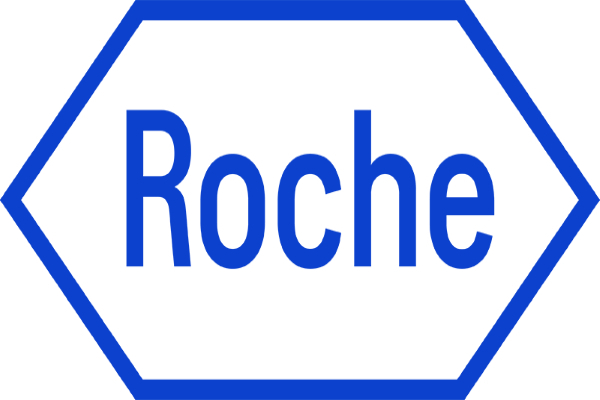Global pharma major Roche has secured conditional marketing authorisation from the European Commission for a new subcutaneous formulation of its bispecific antibody Lunsumio (mosunetuzumab), a fast, one-minute jab for adults with relapsed or follicular lymphoma.
The move offers a dramatically faster treatment option for adults with relapsed or refractory follicular lymphoma after at least two previous lines of systemic therapy.
The approval is backed by data from the phase I/II GO29781 trial, which showed the subcutaneous shot delivers drug levels on par with the standard intravenous infusion — with no unexpected safety concerns. The finding clears the way for a version of Lunsumio that can be given in roughly one minute, instead of the two-to-four hours required for an IV infusion.
“Lunsumio can now be administered with a one-minute subcutaneous injection, providing people with relapsed or refractory follicular lymphoma an additional treatment option to help meet their clinical requirements and lifestyle preferences,” said Levi Garraway, Roche’s Chief Medical Officer. He said new formulations are central to the company’s push to give patients “greater flexibility and a better treatment experience.”
Lunsumio SC allows outpatient administration, cutting treatment time dramatically compared with traditional 2–4 hour IV infusions. It has shown strong efficacy in third-line or later FL, with high rates of deep and durable remissions. Previous IV data revealed that 57% of patients achieving complete remission remained in remission five years later.
Roche is continuing global submissions, including to the U.S. FDA, and ongoing trials such as MorningLyte, testing Lunsumio SC with lenalidomide in previously untreated FL. Lunsumio and Columvi (glofitamab) form part of Roche’s growing CD20xCD3 bispecific antibody portfolio, highlighting the company’s push for flexible, patient-focused therapies.
GO29781 is a multicenter, open-label Phase II study evaluating Lunsumio in relapsed/refractory B-cell non-Hodgkin lymphoma. The study compared IV and SC dosing, focusing on pharmacokinetic non-inferiority, complete response rates, and safety.

